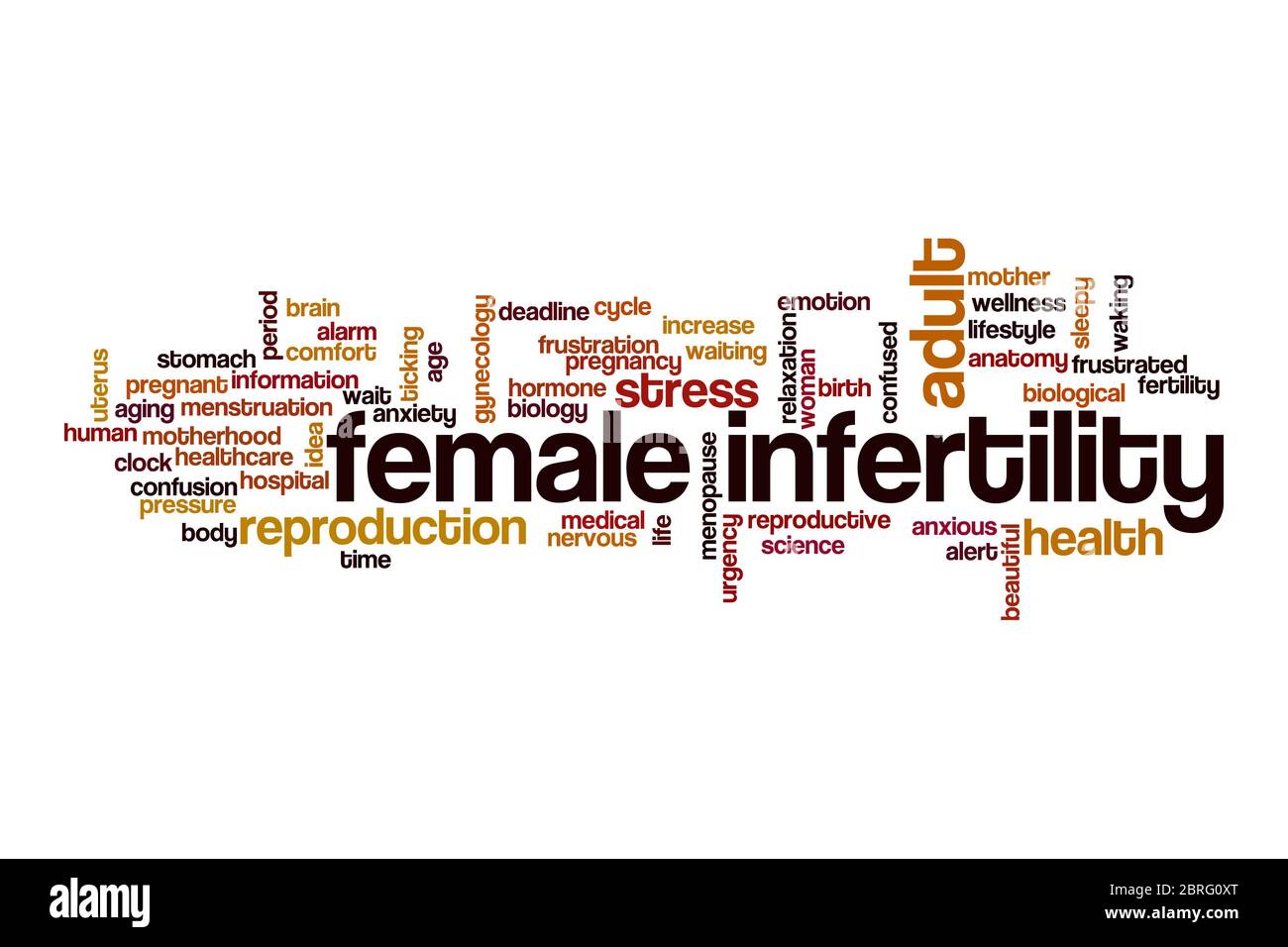What are the symptoms of infertility in women?
Diagnosis of infertility in women
Treatment of female infertility
What is female infertility?
Female infertility is defined as the inability of a female person to get pregnant after unprotected intimate contact with a partner for at least 1 year. In the case of female persons over the age of 35, the time interval after which the diagnosis of infertility can be considered is 6 months.
Causes of female infertility?
Female infertility is frequently determined by:
- Ovulation disorders: micro polycystic ovary syndrome, hyperprolactinemia, thyroid hormone disorders (hyper or hypothyroidism), obesity, pituitary tumors, adrenal gland pathologies, premature menopause
- Ovarian diseases: tumors, malformations
- Genetic diseases: Turner syndrome, fragile X syndrome
- Chemotherapy and radiotherapy were applied in the pelvic area
- Affections of the fallopian tubes: infections with Mycoplasma, Chlamydia, post-surgical intra-abdominal adhesions, developmental anomalies of the appendages
- Uterine diseases: endometriosis, uterine fibroids, uterine polyps, adenomyosis, cervical stenosis, developmental anomalies of the uterus (septate, arched uterus, unicorn, didelph, hypoplasia of the Mullerian ducts), endometritis
- Cervical diseases: malformations of the cervix, cervicitis
- Dysfunctions of the immune system: antisperm antibodies, antiphospholipid syndrome
- Smoking, chronic alcohol consumption, use of narcotics
- Exposure to toxic substances: lead, radiation
What are the symptoms of infertility in women?
The main symptom of infertility is the inability to get pregnant after having unprotected sex with a partner. Irregular menstruation, the existence of a history of spontaneous pregnancy loss, lower abdominal pain and the presence of abnormal vaginal secretions are symptoms that orient the doctor toward different causes of female infertility (hormonal, infectious, autoimmune).
Diagnosis of infertility in women
The diagnosis of infertility in women is established by the specialist doctor based on the patient’s history and gynecological examination. Frequently, to establish the diagnosis of infertility, the following investigations are necessary:
- Laboratory analyses to determine: the patient’s serum hormone values (estrogen, progesterone, luteinizing hormone, follicle-stimulating hormone, thyroid hormones), tumor markers, antisperm antibodies, antiphospholipid syndrome; laboratory investigations to determine the infectious causes of infertility: cultures from vaginal and cervical secretions, determination of HPV infections through molecular biology techniques; genetic analyzes to establish primary infertility
- Imaging investigations for the evaluation of the female reproductive system: abdominal and transvaginal ultrasounds to visualize the uterus and fallopian tubes, hysterosalpingography, sonohysterosalpingography with contrast, computer tomography
Treatment of female infertility
The treatment of female infertility is etiological and addresses the cause that induces its appearance, for this purpose, the following can be used:
- Hormonal treatments for ovarian stimulation
- Administration of antibiotics to treat infections of the genital tract
- Surgical interventions for the treatment of endometriosis, uterine polyposis, removal of uterine tumor formations, correction of developmental abnormalities of the uterus and/or fallopian tubes, ovarian drilling to facilitate ovulation
- Intrauterine insemination procedure (artificial insemination)
- Assisted human reproduction that involves the collection of eggs and their fertilization in the laboratory (in vitro fertilization IVF) with spermatozoa from the partner, to obtain embryos that are subsequently implanted in the patient’s uterine cavity
Find out more:
- Diagnosis and Management of Female Infertility – https://jamanetwork.com/journals/jama/article-abstract/197367
- Female Infertility – https://www.sciencedirect.com/science/article/pii/B9780323479127000226
- Endocrine disorders & female infertility – https://www.sciencedirect.com/science/article/abs/pii/S1521690X1100087X


